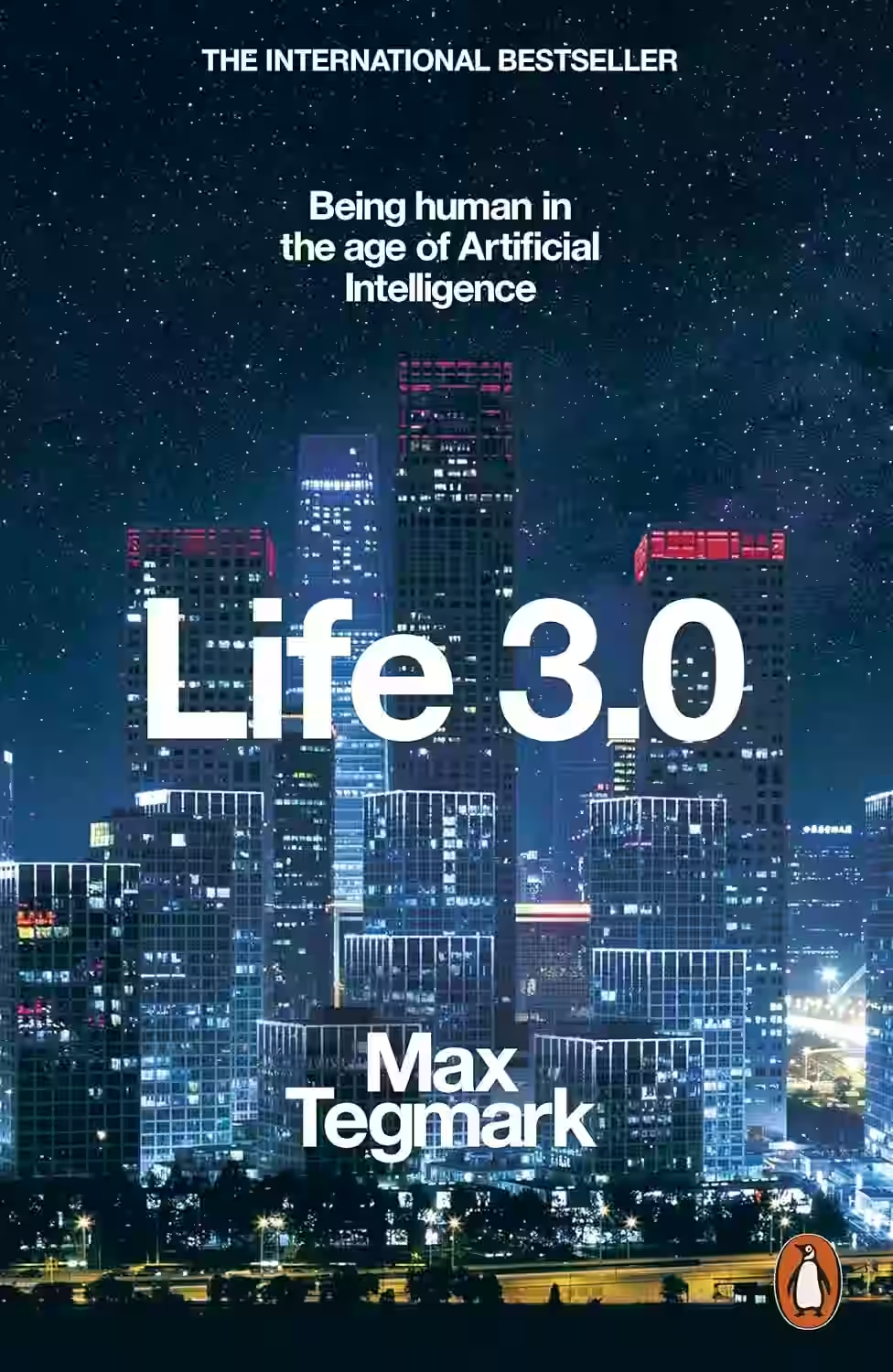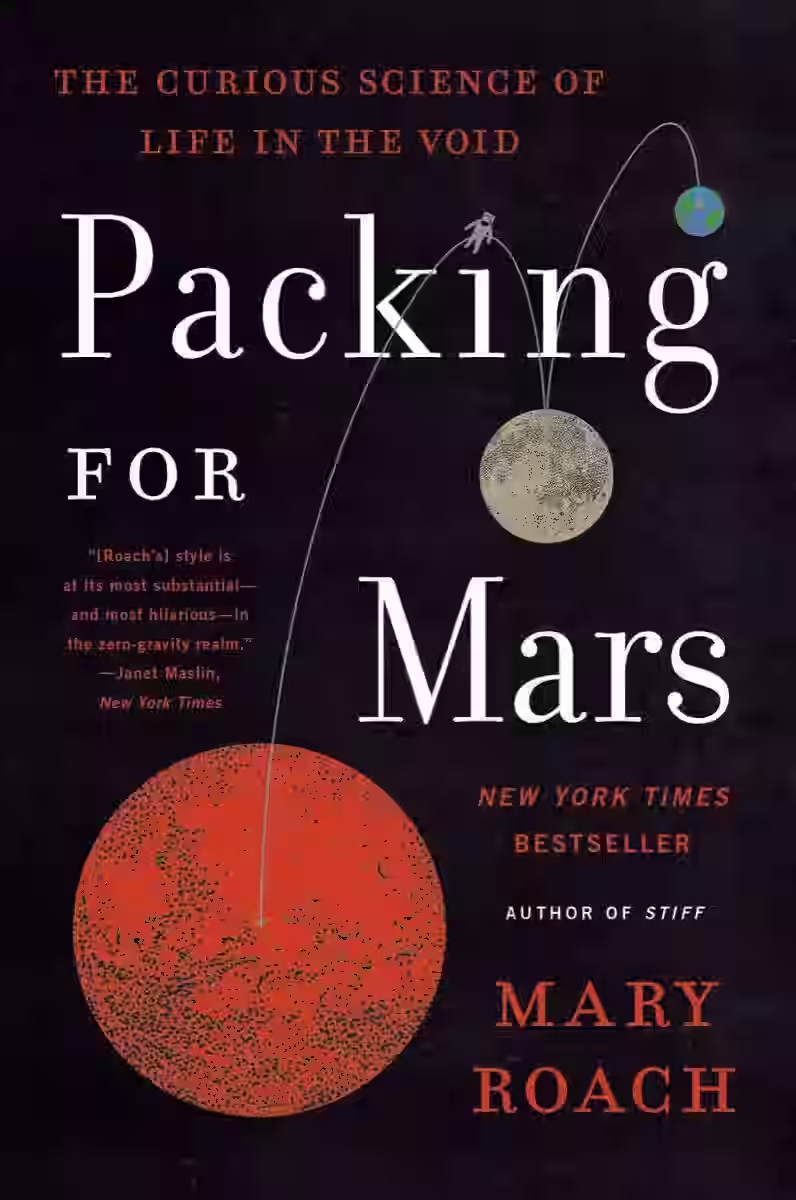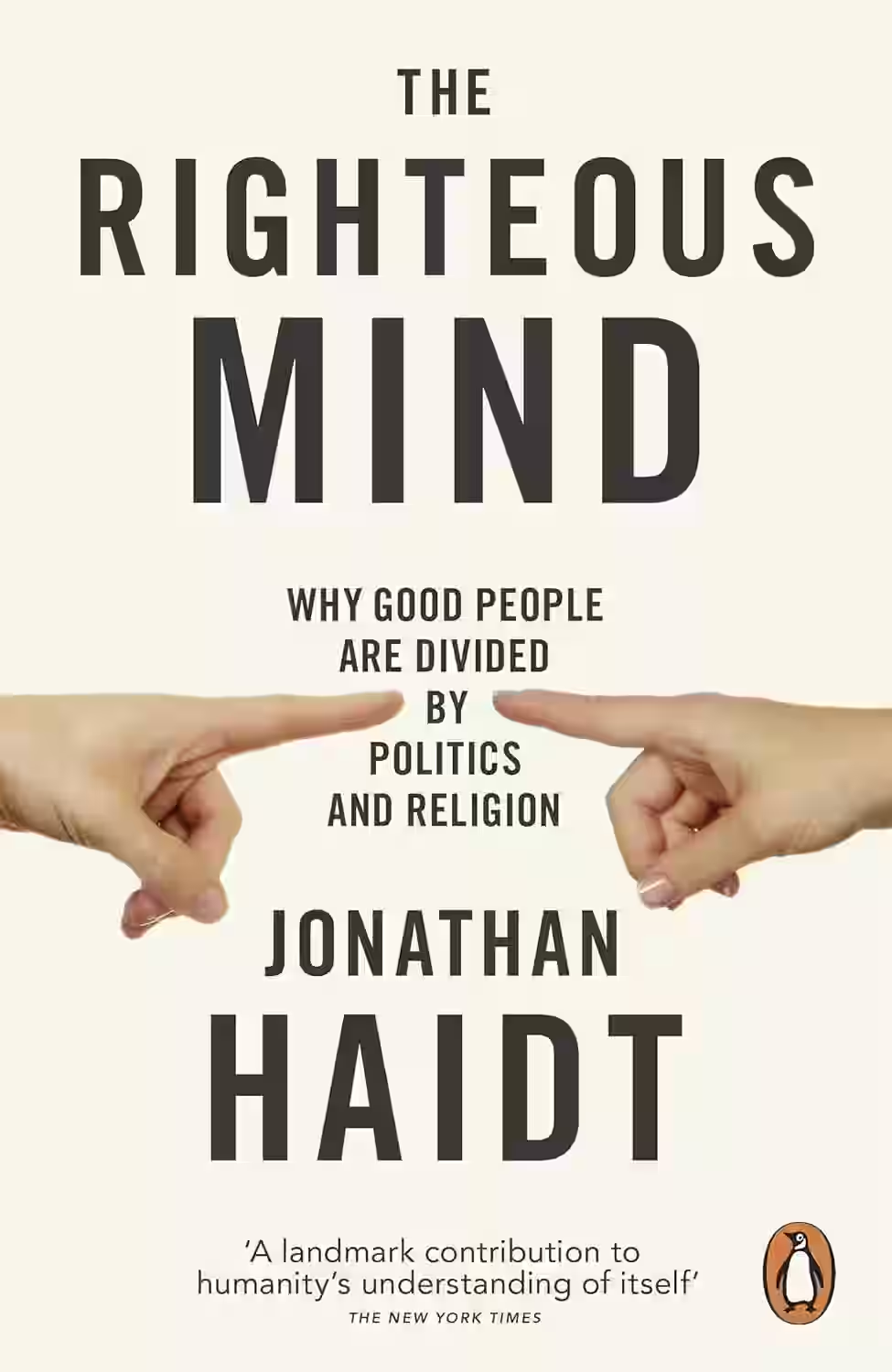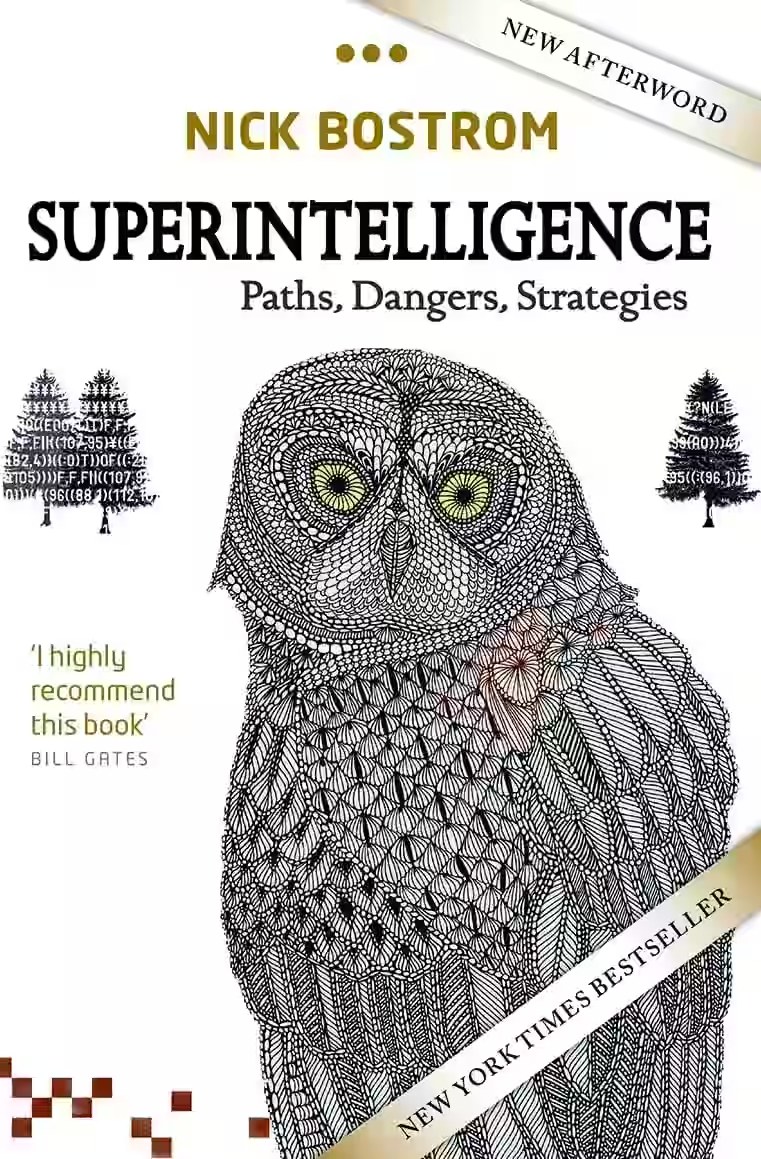
In Max Tegmark's insightful book 'Life 3.0: Being Human in the Age of Artificial Intelligence', readers are taken on a fascinating journey exploring the implications of Artificial Intelligence on humanity's future. Tegmark delves into thought-provoking questions about consciousness, ethics, and the socio-economic impacts of AI. Through engaging prose and thorough research, he presents various scenarios of how AI may shape the world and challenges readers to contemplate what it means to be human in a technologically advancing society. 'Life 3.0' offers a balanced view of the promises and perils AI brings, making it a compelling read for anyone interested in the intersection of technology and humanity.
About Max Tegmark
Max Tegmark is a renowned Swedish-American cosmologist and author known for his groundbreaking contributions to the field of physics and cosmology. Born in 1967, Tegmark obtained his Ph.D. from the University of California, Berkeley, and is currently a professor at the Massachusetts Institute of Technology. He has authored several influential books, including 'Our Mathematical Universe' and 'Life 3.0,' which explore the intersection of science, technology, and philosophy. Tegmark's work delves into the nature of reality, consciousness, and the future of artificial intelligence, sparking thought-provoking discussions on the implications of advanced technologies. His insightful writing style and innovative ideas have made him a leading voice in contemporary science literature.
Similar Books

Packing for Mars
by Mary Roach
In 'Packing for Mars', Mary Roach takes readers on a fascinating exploration of the bizarre, often overlooked, yet crucial aspects of space travel. Roach delves into the challenges astronauts face, from coping with zero gravity to managing bodily functions in space. Through a mix of humor and in-depth research, she unveils the complexities of preparing for missions to Mars and sheds light on the remarkable ingenuity and dedication of the individuals working in space programs. With wit and insight, Roach examines the science, psychology, and logistics behind space travel, offering a captivating and often quirky glimpse into the world of astronauts and the unknown frontier of Mars.

What Do You Care What Other People Think?
Richard Feynman, Nobel laureate and icon, was a genius with an insatiable appetite for adventure and a remarkable talent for storytelling. This collection of short pieces and reminiscences reveals his diverse passions, from his appreciation of beauty to his college antics and the unique lessons imparted by his father. Feynman takes us behind the scenes of the Challenger investigation, vividly recounting his pivotal experiment that exposed the disaster's cause. He also shares the poignant story of meeting his beloved first wife, Arlene, and their brief, cherished time together. Infused with Feynman's characteristic curiosity and zest for life, these writings are both deeply moving and wonderfully humorous.

The Righteous Mind
In 'The Righteous Mind,' Jonathan Haidt delves into the psychological roots of morality, arguing that our moral judgments are primarily based on intuition rather than reasoning. Haidt explores how our political and social beliefs are influenced by our moral foundations, challenging readers to consider differing perspectives with empathy and understanding. Through engaging anecdotes and thought-provoking research, he presents a compelling case for the importance of moral diversity in society. This book offers profound insights into the complexities of human morality and provides a roadmap for bridging ideological divides. 'The Righteous Mind' is a must-read for anyone seeking to grasp the fundamental forces shaping our beliefs and behavior.

Superintelligence: Paths, Dangers, Strategies
by Nick Bostrom
In 'Superintelligence: Paths, Dangers, Strategies' by Nick Bostrom, the author delves into the future scenarios where artificial intelligence surpasses human intelligence and the potential consequences and strategies to navigate this new era. Bostrom explores the paths that could lead to the emergence of superintelligent machines, the existential risks they might pose, and the ethical dilemmas surrounding their development. Through a meticulous examination of various disciplines, from philosophy to computer science, Bostrom presents a thought-provoking and comprehensive analysis of the implications of superintelligence. This book challenges readers to contemplate the profound impact of AI on our future.